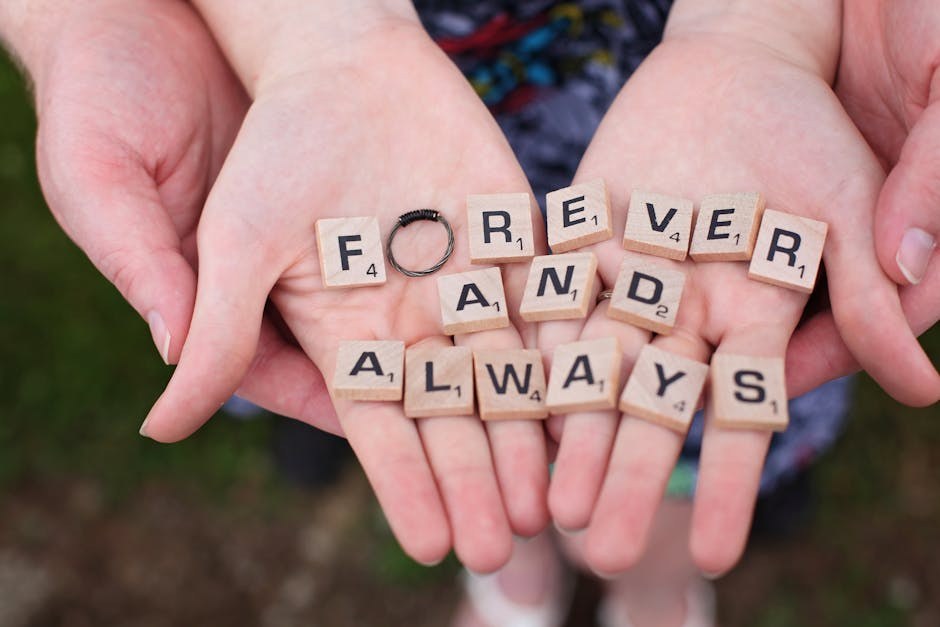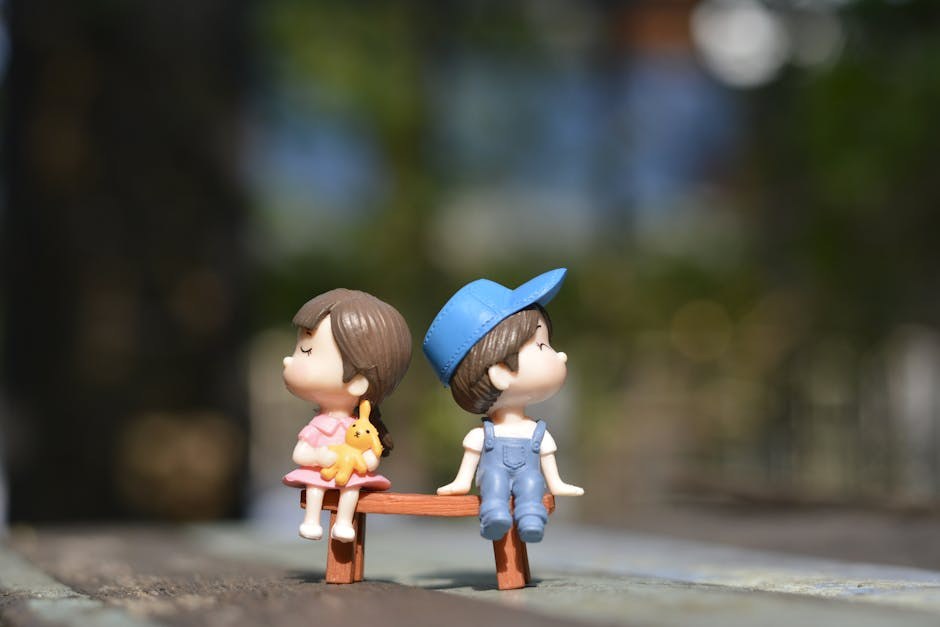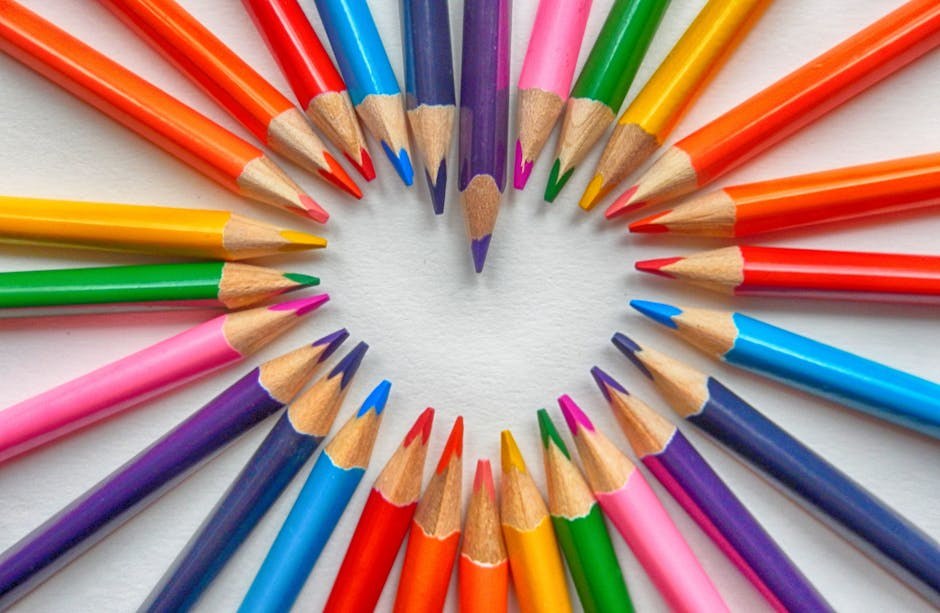Romance is often sold to us as a flawless crescendo-strings swelling, promises whispered, endings neatly tied. Real relationships rarely follow that script. They can lift you sky-high and, in the next breath, leave you winded on the ground. Many of us quietly ask ourselves why does love hurt while keeping a brave face in public. The question lingers not because we are weak, but because the experience of attachment is powerful enough to bruise where no one can see.
Forget the montage scenes and tidy morals. Love is luminous, yes, but it also casts shadows. It invites closeness while simultaneously exposing our softest spots-our longing to be chosen, our fear of being left, our belief that we are worthy. When you wonder why does love hurt, you are really noticing the collision between hope and uncertainty, between memory and expectation. That friction is emotional sandpaper; it smooths us over time, yet it can burn in the moment.
Part of the ache is structural. Intimacy rearranges your priorities, rewires routines, and settles into your nervous system. When a bond strains or breaks, the scaffolding wobbles and you feel the aftershocks in everything from appetite to attention span. To ask why does love hurt is to admit that your body and mind are participants in love-not just your heart, not just your thoughts.

The ache behind the romance
Let’s step away from grand declarations and look at the quieter truth: closeness magnifies emotion. It’s not merely that someone matters, but that they matter so much that their words and choices ring louder than the rest of life. You can be capable, resilient, and wise-yet still feel unraveled when affection feels uncertain. That’s often when the question repeats itself: why does love hurt, even when you know better?
When emotions amplify the ache
Love rarely travels alone; it rides with other feelings that intensify discomfort. Understanding these companions helps you name the pain, set boundaries, and choose better responses. Mapping them won’t make the sting vanish, but it will make it less mysterious-an essential step for anyone puzzling over why does love hurt in the first place.
- Fear. Fear muddles judgment-fear of loss, of betrayal, of being misunderstood. It can twist ordinary moments into threats. When fear takes the wheel, every unanswered text looks like an omen, and you quietly murmur why does love hurt as if vigilance could protect you.
- Anger. Anger erupts when needs feel dismissed. It surges, speaks harshly, and then leaves the room smoky with regret. The blowback can be sharp: one outburst can puncture trust so thoroughly that you’re left cataloging the damage and wondering why does love hurt more than it heals.
- Helplessness. When manipulation, indifference, or a partner’s double life corners you, action feels impossible. Helplessness traps you in reactive cycles-waiting, wishing, second-guessing. It is exhausting, and it makes even ordinary decisions feel heavy.
- Loneliness beside someone. You can be coupled and still feel alone. A wall goes up-thin at first, then thicker-until touch feels like a ritual rather than a meeting. In those quiet spaces, why does love hurt shows up like a whisper you can’t unhear.
- Jealousy. Jealousy begins as a flicker of comparison and can become a wildfire. It convinces you that someone else holds the key to your partner’s smile. In the scramble to prove your worth, you catch yourself asking why does love hurt and discovering that envy rarely tells the truth.
- Uncertain futures and dashed expectations. You once pictured a shared path-holidays, habits, maybe a home-and then reality zigzags. The gap between the imagined and the actual can feel like a free fall. Acceptance is possible, but not before grief has its say.
- Fewer feel-good chemicals. When love is steady, your body hums with reward-moments feel brighter, the day moves easier. When connection frays, that internal music dims. The contrast is jarring, and you may quietly repeat why does love hurt because the body keeps score.
- The embarrassment of rejection. Being left-suddenly or slowly-can feel humiliating. You start rehearsing explanations and avoiding eye contact with your own reflection. In that shrinking, it is common to mutter why does love hurt and to assume the world is watching when it isn’t.
- Chronic stress from bad dynamics. A troubled bond leaks tension into every corner of life-sleep, focus, appetite. You become depleted, less patient with friends, less generous with yourself. Over time, even small joys feel out of reach.
- Preoccupied thoughts. Rumination hijacks your attention-work blurs, hobbies dull, conversations loop back to the same story. The mind keeps tugging at a thread, and the sweater won’t stop unraveling. That’s the moment you sigh why does love hurt and feel powerless to turn the page.
Habits that turn pain into a spiral
Breakups and rifts sting on their own, but our coping strategies can supercharge the ache. Notice what you reach for when your chest tightens-some habits soothe, others scratch the same wound and call it care. If you’ve ever asked why does love hurt and then felt it intensify, these patterns may be why.

- Withdrawing from everyone. Shutting the door can feel protective-sweatpants, a streaming queue, a tub of something sweet. Solitude helps in doses, but isolation breeds distortion. Without perspective, pain starts narrating the entire story.
- Self-sabotage. You replay old messages, stalk social feeds, test their silence, and re-open wounds for proof. It feels like research; it’s actually delay. In the background, a familiar refrain rises-why does love hurt-while you keep choosing reminders over relief.
- Numbing out. Shots, scrolls, or endless work can mute the volume-until tomorrow. Numbing postpones pain; it doesn’t resolve it. The hangover, emotional or otherwise, often makes you feel worse.
- Clinging and chasing. You push back into their life uninvited, trying to bargain with fate. It’s normal to crave one more conversation, yet grasping tightens the knot. Space, however uncomfortable, is the oxygen of clarity.
- Refusing to move on. You know the pattern, predict the apology, and still wait on the same doorstep. The cycle becomes its own comfort. You tell yourself it’s loyalty, but it’s a loop-one that keeps reviving the question: why does love hurt when I’m only trying to care?
What your brain experiences
Emotional loss doesn’t leave bruises, yet the brain can respond to heartbreak as if a physical alarm has been pulled. Distress lights up regions tied to pain, attention, and threat detection. That overlap explains the strange mix of aching and hyper-focus-the way you can be both numb and buzzing at once, and why a quiet room suddenly feels loud enough to provoke the old question: why does love hurt.
Because your nervous system is involved, healing isn’t just “thinking differently.” It’s also about rhythm-sleep, movement, breath-so your body stops treating every memory like a fresh emergency. Give physiology a calmer soundtrack and your story will sound different.
When the bond keeps wounding
Sometimes a relationship is going through a season; other times it’s built on patterns that can’t carry the weight of two lives. If most days feel heavy and hopeful moments are rare, step aside and take stock. Name the recurring conflicts; trace how they start and how they end. If your partner won’t meet you halfway, consider whether staying simply reopens the same cuts. Courage isn’t measured by how long you endure-it’s measured by how honestly you choose.

Ways to love more and suffer less
There is no single fix, but there are choices that make tenderness less hazardous. They are not grand gestures-more like small hinges that swing big doors. Practice a few consistently and the room brightens. Notice how even simple changes create space for calm, curiosity, and respect.
- Release the need to steer everything. Control masquerades as care, but it squeezes connection. Trust is roomy; it lets a partner breathe and still feel held.
- Practice mindful regard. Your partner is not your mirror. Attend to their interior world with gentle questions-then believe the answers.
- Welcome different perspectives. Harmony doesn’t require sameness. Differences, handled kindly, become complementary rather than combustible.
- Offer support without strings. Help because you mean it, not to rack up favors. Real support feels like freedom, not pressure.
- Say one kind thing daily-and show it. A sincere word alongside a small deed works better than dramatic speeches. Think flowers, a chore done early, or a handwritten note.
- Listen more than you fix. Advice often arrives too quickly. Sit with the story. Let silence do some of the mending.
- Make room for change. People evolve. Encourage growth even when it disrupts routine-then renegotiate the routine together.
- Choose vulnerability. Admit when you’ve been sharp, distant, or afraid. Owning your part lowers defenses and raises trust.
- Share generously. Dreams, doubts, and histories belong in the conversation. Secrets grow mold; openness lets in air.
- Forgive with discernment. Let go of small offenses quickly; examine major breaches carefully. Forgiveness and boundaries can coexist.
- Turn pain into a lesson. Study the pattern, not to blame, but to learn. What would “better” look like next time?
- Stop retelling the worst chapter. Repetition cements roles-villain, victim, rescuer. Retire that script and draft a new scene.
- Seek skilled guidance. A counselor can spot loops you can’t see from inside the dance. Help is a doorway, not a verdict.
- Invest in yourself. Strengthen your confidence, interests, and friendships. A full life gives love a healthier place to land.
- Move your body. Regular exercise steadies mood and clears mental clutter. Even a brisk walk can reset a spiraling afternoon.
- Write it down. Journaling organizes the noise. On paper, triggers become visible, choices appear, and compassion has room to speak.
What to do when the hurting doesn’t fade
If the ache keeps returning, pause the chase for closure and pursue clarity instead. Identify your nonnegotiables. Draft boundaries that protect your energy. Talk to someone who will tell you the truth kindly. If the other person can’t, or won’t, meet you with mutual effort, consider the bravest act-walking toward a life that fits. Self-respect is not a punishment to others; it is an invitation to yourself.
Love can still be extraordinary
The reason it hurts is the same reason it matters-you dared to care. That vulnerability is not a flaw to hide but a capacity to steward. With steadier habits, clearer boundaries, and kinder narratives, affection stops feeling like weather you endure and starts feeling like a climate you help create. Love will still surprise you-sometimes with thunder, sometimes with sunlight-but you will know how to stand in both, head up, heart open, and a little wiser than before.